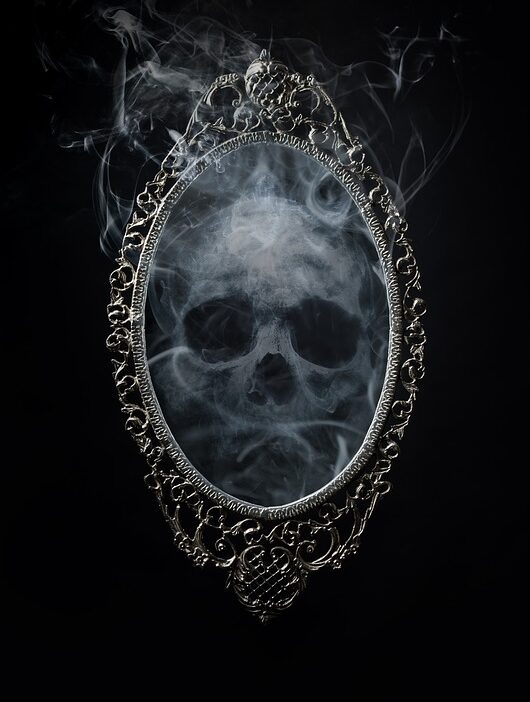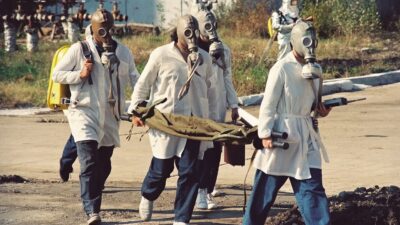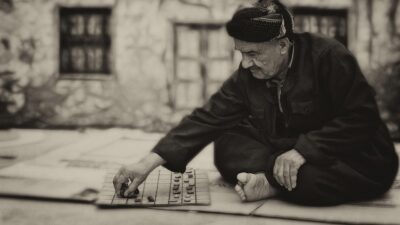Horror games have long occupied a niche in the gaming industry, appealing to a dedicated fanbase that thrives on adrenaline, suspense, and fear. The mechanics of these games—jump scares, psychological tension, and eerie environments—are designed to elicit strong emotional responses. However, beyond the chills and thrills, a growing body of research suggests that horror games may have notable implications for mental health, potentially offering therapeutic benefits.
The Psychological Appeal of Horror
At first glance, it might seem counterintuitive that people would subject themselves to fear for entertainment. Yet, horror games allow players to explore their own fears in a controlled environment. This exposure can lead to several psychological benefits:
-
Controlled Exposure: Playing horror games enables individuals to confront their fears in a safe space. This allows for a form of gradual exposure therapy, where players can process their anxieties without real-world consequences.
-
Catharsis and Emotional Release: Participating in scary experiences can lead to a feeling of catharsis. The intense emotions experienced during gameplay may provide a release for pent-up stress and frustration, leaving players with a sense of relief post-play.
-
Empowerment Through Mastery: Overcoming a challenging horror game can instill a sense of accomplishment. Players may feel empowered by facing their fears and mastering the situations designed to scare them.
- Social Connection: Horror games often encourage multiplayer experiences, providing opportunities for players to bond over shared scares. This social interaction can counter feelings of isolation and create a sense of community.
The Therapeutic Potential
While the psychological mechanisms of horror games can be beneficial on an individual level, emerging research suggests broader therapeutic applications. Some studies indicate that horror games could serve as useful adjuncts in mental healthcare:
Exposure Therapy
For individuals with specific phobias or PTSD, horror games can act as a form of exposure therapy, exposing them to anxiety-provoking situations in a controlled way. This process can help desensitize individuals to their fears, potentially lowering anxiety levels over time.
Coping Mechanism
For many, horror games provide an outlet for escapism. Engaging with fictional fears can help players manage real-life stressors by providing a temporary distraction and the ability to confront anxiety in a manageable form.
Enhanced Mood Regulation
Players often report feelings of elation or euphoria after overcoming challenges in horror games. This emotional regulation may help counteract symptoms of anxiety and depression, offering players a sense of control over their emotions.
The Risks Involved
Despite these potential benefits, there are also risks associated with horror games that warrant consideration. Not everyone reacts positively to intense fear-induced experiences. Here are a few potential downsides:
-
Triggering Trauma: For individuals with PTSD or anxiety disorders, horror games may trigger unwanted traumatic memories or exacerbate symptoms, leading to increased distress.
-
Desensitization: While some desensitization can be therapeutic, excessive exposure to horror may numb individuals to fear, potentially skewing their perception of real-world dangers.
- Addiction and Escapism: Like any form of gaming, there’s a risk of addiction. Engaging excessively with horror games can lead to avoidance behaviors and negative effects on personal relationships and responsibilities.
Conclusion
Horror games serve as a fascinating case study at the intersection of entertainment and mental health. They have the potential to offer therapeutic benefits through controlled exposure to fear, community building, and emotional release. However, like any tool, they must be used responsibly and with awareness of individual psychological needs.
As more research unfolds, the gaming industry could further explore how horror games can be integrated into mental health interventions, providing a unique path for therapy that capitalizes on the thrill of the fright. For many, the legacy of fear in gaming might transcend mere entertainment, evolving into a valuable resource for emotional exploration and mental health support.



